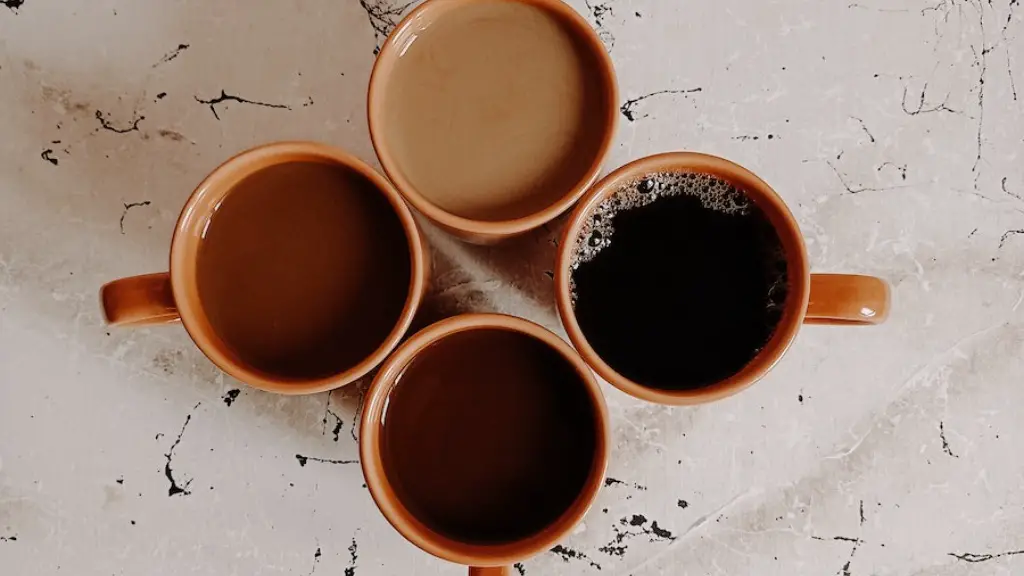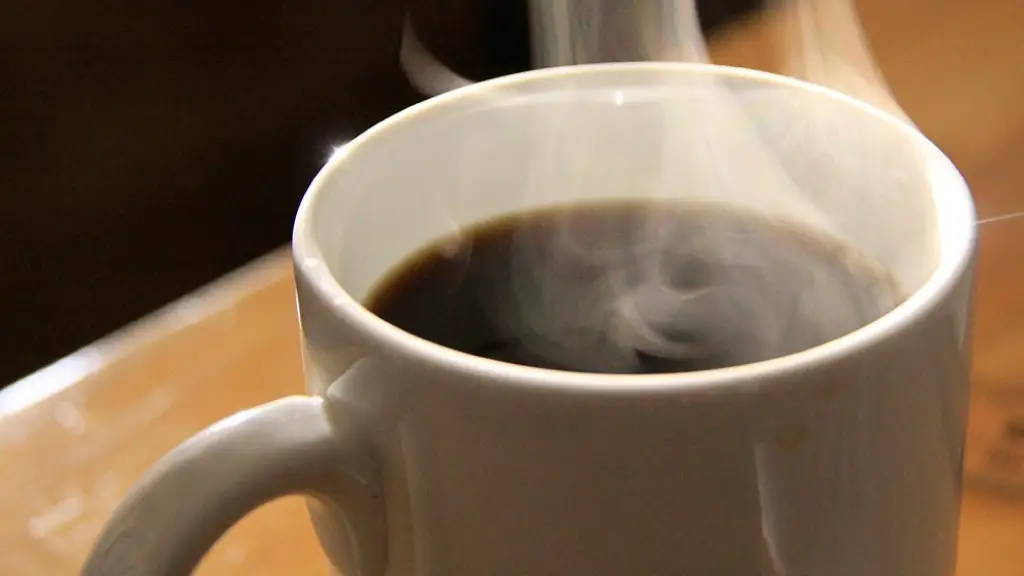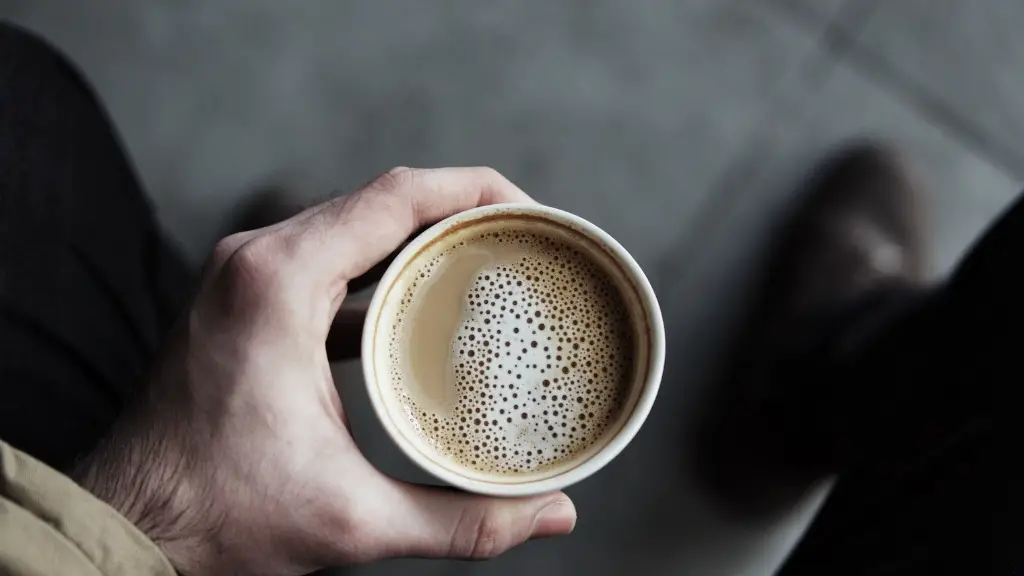Can You Drink Tea or Coffee When Fasting?
Whether a person is fasting diets or religious observances, the simple answer to this question is usually ‘yes.’ The teas and coffee available today do not typically contain calories or interrupt the body’s natural physiology. The real question, however, is ‘Should You?’
Weight loss is the primary benefit of intermittent fasting, which involves abstaining from all food and beverages for a set window of time. Dr. Pasquale Rubino, a medical doctor and nutrition expert, offers insight into the implications for drinking hot drinks during fasting. “If you consume beverages with no caloric content such as water, tea, or coffee during intermittent or any other fasting regimen, you are still technically fasting and will experience the same metabolic benefits as if you would have completely abstained,” says Rubino. He notes, however, that too much caffeine can be counterintuitive to achieving a relaxed state of mind during fasting.
Dr. Alan Lim, a health and wellness expert, points out the obvious but often overlooked benefit to drinking tea or coffee when you’re fasting. “The caffeine content of these hot drinks will help in preventing drowsiness, thus helping you maintain the level of activity that you need.” Lim believes the possible weight loss benefits of consuming tea and coffee while fasting far outweighs the risks of a possible caffeine crash.
If caffeine isn’t your thing, flavored teas, especially herbal ones, can be a great alternative. Herbal and green teas typically contain far less caffeine than regular tea and no caffeine at all compared to coffee. These also boast other health benefits, including enhanced digestion and wound healing. However, there may be potential risks in drinking herbal teas or extracts due to the potential for herb-drug interactions.
If you are worried about your caffeine consumption during fasting, you can always opt for decaffeinated tea and coffee drinks. Jeanne M. Wallace, a certified nutritionist and personal trainer, explains that “avoiding caffeine while intermittent fasting is beneficial to reduce the risk of dehydration and aid in sleep.” Caffeine is a diuretic, which means that it can dehydrate you faster than water or herbal teas. Decaf tea or coffee beverages may still provide the same wakefulness and satisfaction with far less risk.
What are the Risks of Caffeine During Fasting?
Caffeine is a stimulating drug, and as such, its consumption comes with potential risks. In small doses, tea and coffee can have beneficial effects, but these effects become significantly more pronounced as the intake increases. Aside from the potential for dehydration, high doses of caffeine can cause jitteriness, anxiety, and disrupted sleep.
Additionally, caffeine can interfere with certain medications, including blood pressure medication and antidepressants. For this reason, those who are taking any type of prescribed medicine, should check with their doctor before consuming large amounts of caffeine during fasting.
Another risk associated with caffeine is a possible disruption to regular eating patterns. Dr. Rachel Goldman, a psychiatrist and nutritionist, warns that “caffeine, while not containing calories, can make fasting more difficult as it stimulates appetite and causes hunger cravings.” If you feel that these cravings are too strong, Goldman suggests limiting your caffeine intake to earlier in the day.
What Are the Benefits of Tea or Coffee During Fasting?
Despite the potential risks of caffeine, there are some potential benefits to drinking tea or coffee while fasting. Some evidence suggests that caffeine can increase the body’s metabolic rate, potentially burning more calories in the process. Additionally, caffeine stimulates the central nervous system to produce hormones that help the body produce energy.
Dr. Rubino adds that “tea and coffee also contain powerful antioxidants, which can help protect the body from free radicals that would otherwise cause cellular damage.” These antioxidants, which include polyphenol and flavonoid compounds, may also help protect against various diseases and potentially help increase longevity.
Finally, Leann Poston, a licensed medical doctor and nutritionist, believes that tea and coffee can act as an appetite suppressant. “Drinking a cup of coffee or tea can help to quell mild hunger pangs,” she explains. “These drinks can also help to reduce cravings and keep you feeling fuller longer.”
What About Non-Herbal Teas or Coffee Drinks?
Non-herbal teas, such as black and green teas, contain some caffeine, and thus have some of the same risks associated with drinking coffee. However, these teas also contain large amounts of polyphenols and flavonoids, which could confer additional health benefits.
Dr. Poston believes that these teas can offer an even greater benefit due to their naturally higher antioxidants. “Non-herbal teas like black and green tea have much more antioxidants than coffee,” she explains. “This is because the processing of these traditional teas allows for the release of antioxidants that would otherwise remain dormant.” Poston recommends drinking high-quality teas such as high-mountain oolong or matcha.
What is the Best Coffee or Tea During Fasting?
Decaf coffee, herbal tea, and high-mountain oolong or matcha tea are generally defined as “the best” coffees or teas during fasting. These drinks contain fewer chemicals and toxins than regular coffee or teas, and they provide various additional health benefits.
When it comes to coffee, certified nutritionist and personal trainer, Ms. Wallace recommends avoiding flavored coffee drinks. These often contain preservatives, sweeteners, and artificial flavorings that can raise your caloric intake and counter the benefits of fasting. Similarly, flavored teas and extracts should also be avoided as the added sugars can have a similar effect.
What are the Best Practices for Drinking Coffee or Tea When Fasting?
When drinking tea or coffee during a fast, it’s important to practice moderation and be mindful of potential side effects. Avoiding too much caffeine or adding any additives can help mitigate risks.
Additionally, it’s important to pay attention to the type of tea or coffee you’re consuming. Opting for decaffeinated varieties or high-quality teas can help maximize the potential health benefits while minimizing the risks.
Lastly, it’s best to drink teas or coffee in the morning or afternoon, and limit intake during the late afternoon and evening. This will help ensure that you get a good night’s sleep and can help prevent disrupting your regular eating patterns.
What Should Be Considered Before Drinking Tea or Coffee When Fasting?
Before drinking tea or coffee for health reasons, it’s important to understand the potential risks associated with consuming caffeine during a fast. Caffeine can lead to increased heart rate, nervousness, and difficulty sleeping, while also potentially interfering with certain medications.
It’s also important to be mindful of the type of tea or coffee you choose to drink. Flavored teas and coffee drinks should be avoided to prevent any unnecessary calories from entering your body. Additionally, drink teas or coffee in moderation, and avoid consuming them late in the day to ensure that your sleep won’t be disrupted.
Can You Drink Tea or Coffee While Fasting for Religious Reasons?
Religious fasting practices tend to vary widely, so it’s important to know what is considered to be acceptable in your particular faith. Generally speaking, however, most religions do not have strict guidelines against drinking tea or coffee while fasting as long as no caloric nutrients are consumed.
In some faiths, such as Hinduism and Buddhism, tea and coffee are considered ‘mind-enhancing’ beverages, and their consumption is encouraged during fasting, provided it is not abused or leads to addiction. Amongst others, such as Islam and Judaism, consuming tea and coffee while fasting is generally allowed, however, certain traditional teachings may mandate abstaining from all beverages.
What Other Non-Caloric Beverages Can Be Consumed During Fasting?
Aside from tea and coffee, there are many other non-caloric beverages that can be consumed while fasting. Some popular options include:
-Water: The most obvious and best choice.
-Lemon Water: Can help enhance digestion and detoxification.
-Herbal Tonic: A mix of medicinal herbs can help increase energy levels and reduce inflammation.
-Mint or Ginger Tea: Can help ease digestion and reduce stress.
-Kombucha: Contains probiotics which can help with digestion and gut health.
-Vegetable Juices: High in vitamins and minerals, these can help improve overall health.
Lastly, for those who are looking for a ‘caffeinated’ boost, there are several options available for decaffeinated teas, coffees, and natural energy drinks. These can provide a ‘pick-me-up’ without the potential risks associated with caffeinated beverages.
Conclusion
Ultimately, whether or not one should drink tea or coffee when fasting depends on individual circumstances and preferences. It is important to keep in mind the potential risks of consuming caffeine, as well as the type of tea or coffee being consumed, before deciding to drink these beverages while fasting. As long as you practice moderation and make informed decisions, there is no reason why you should not enjoy a cup of tea or coffee while fasting.


